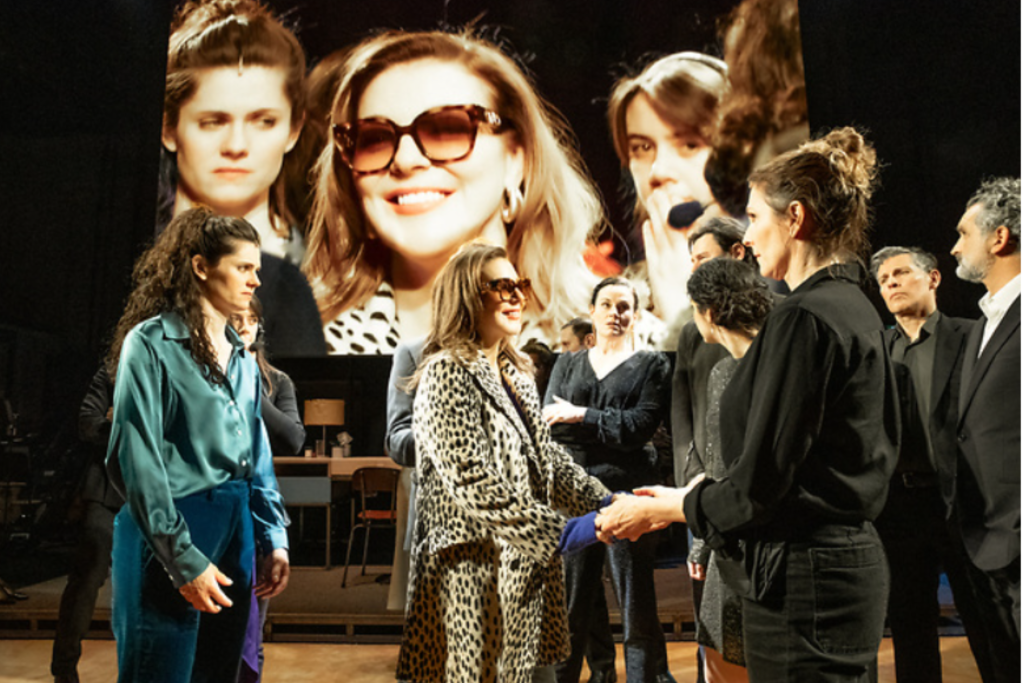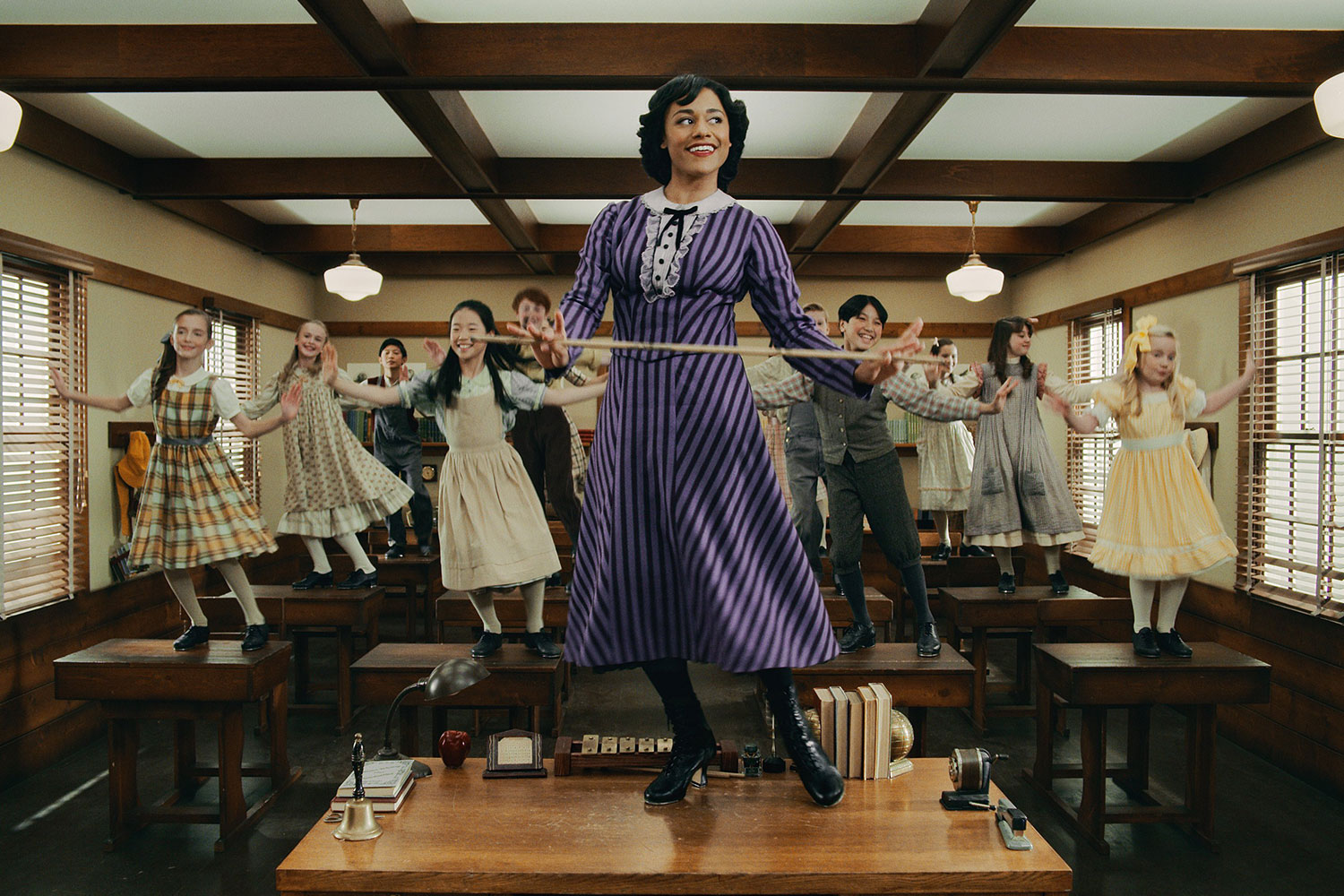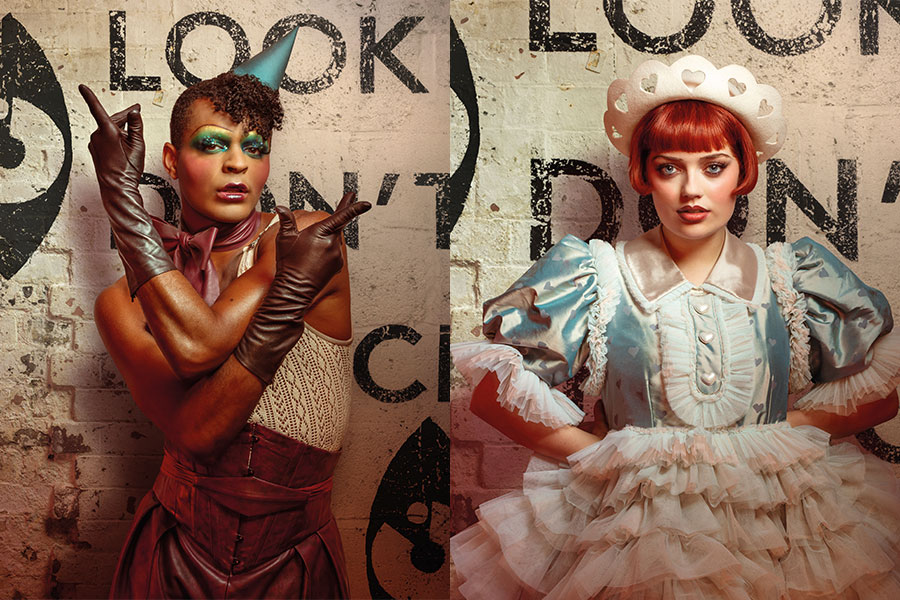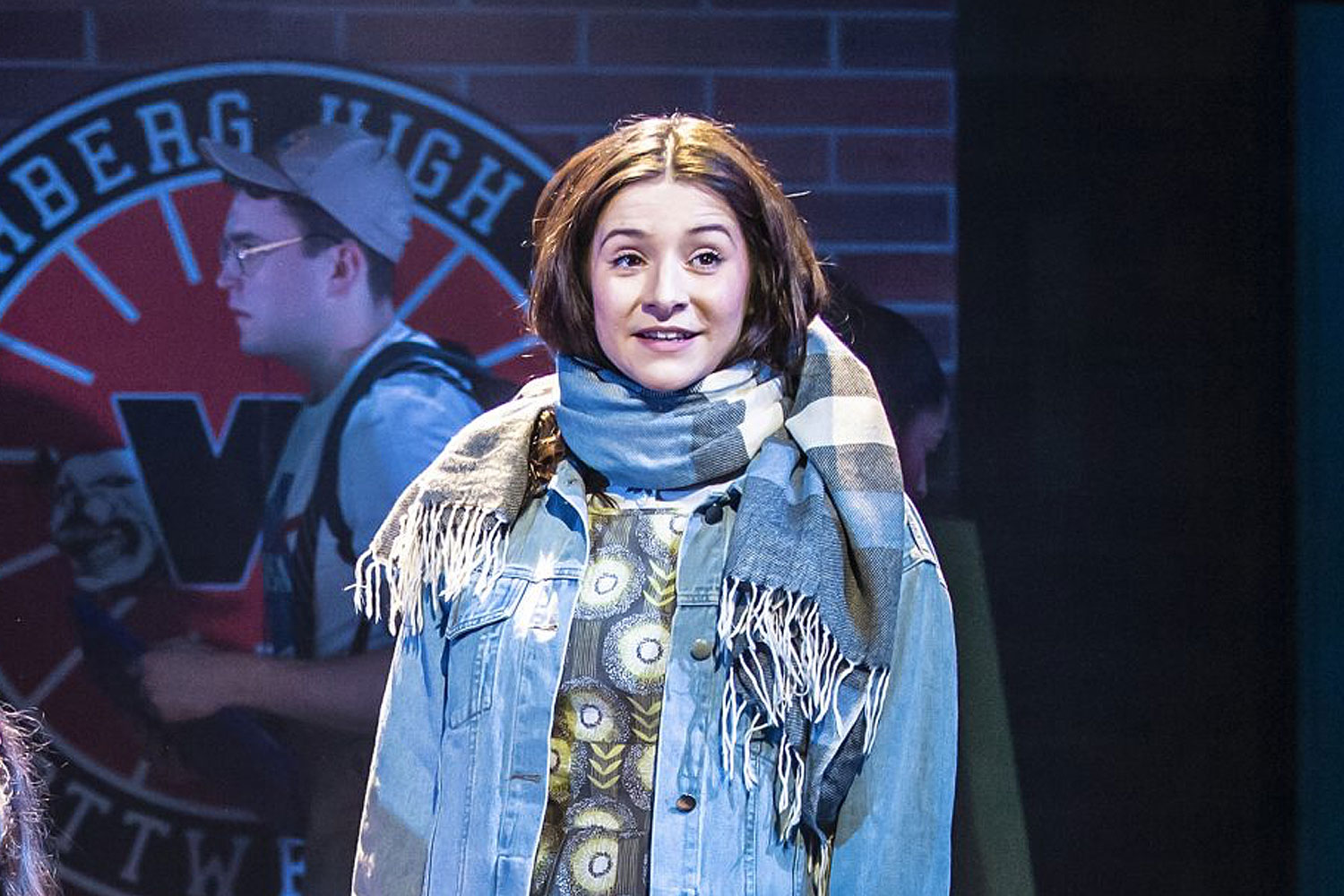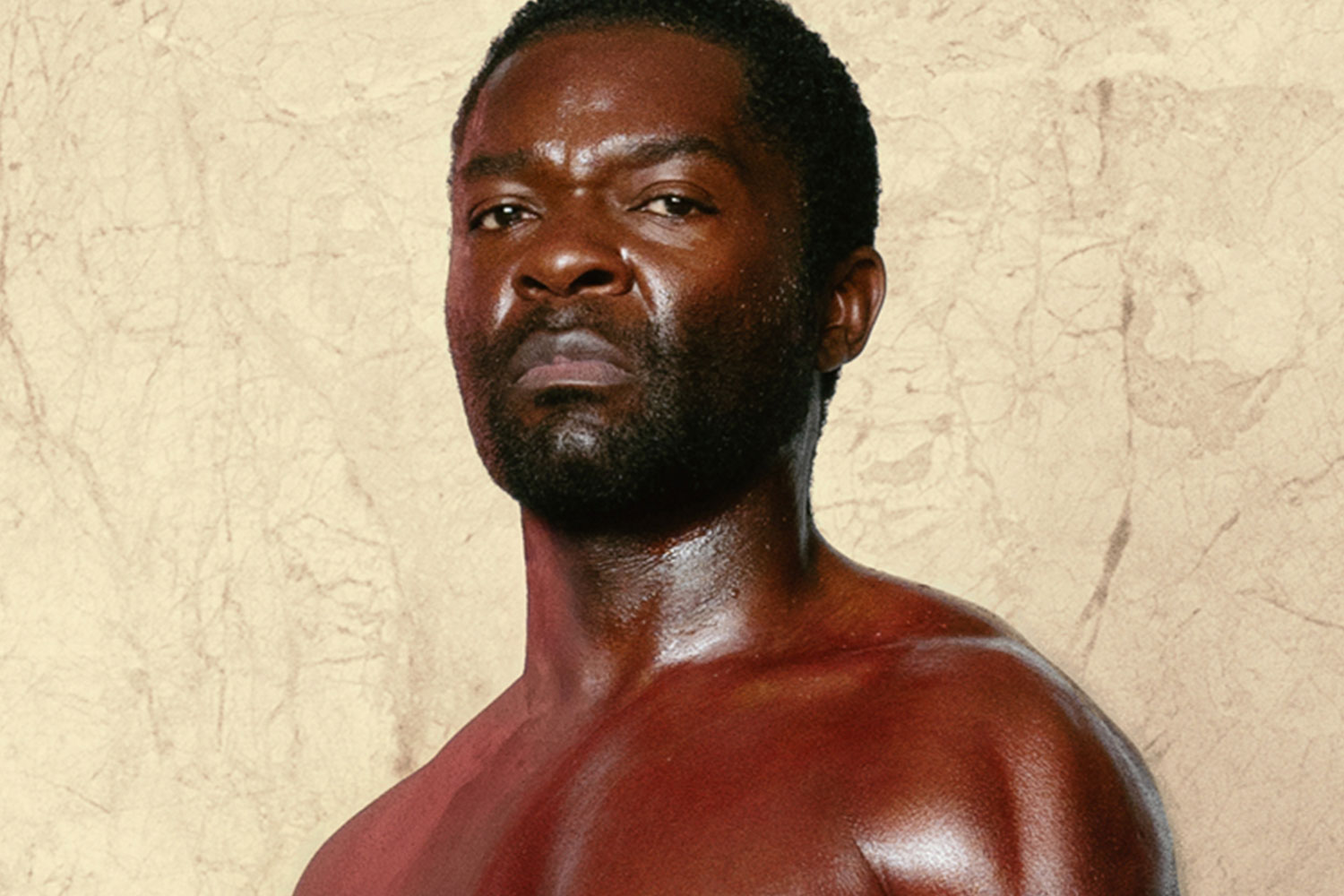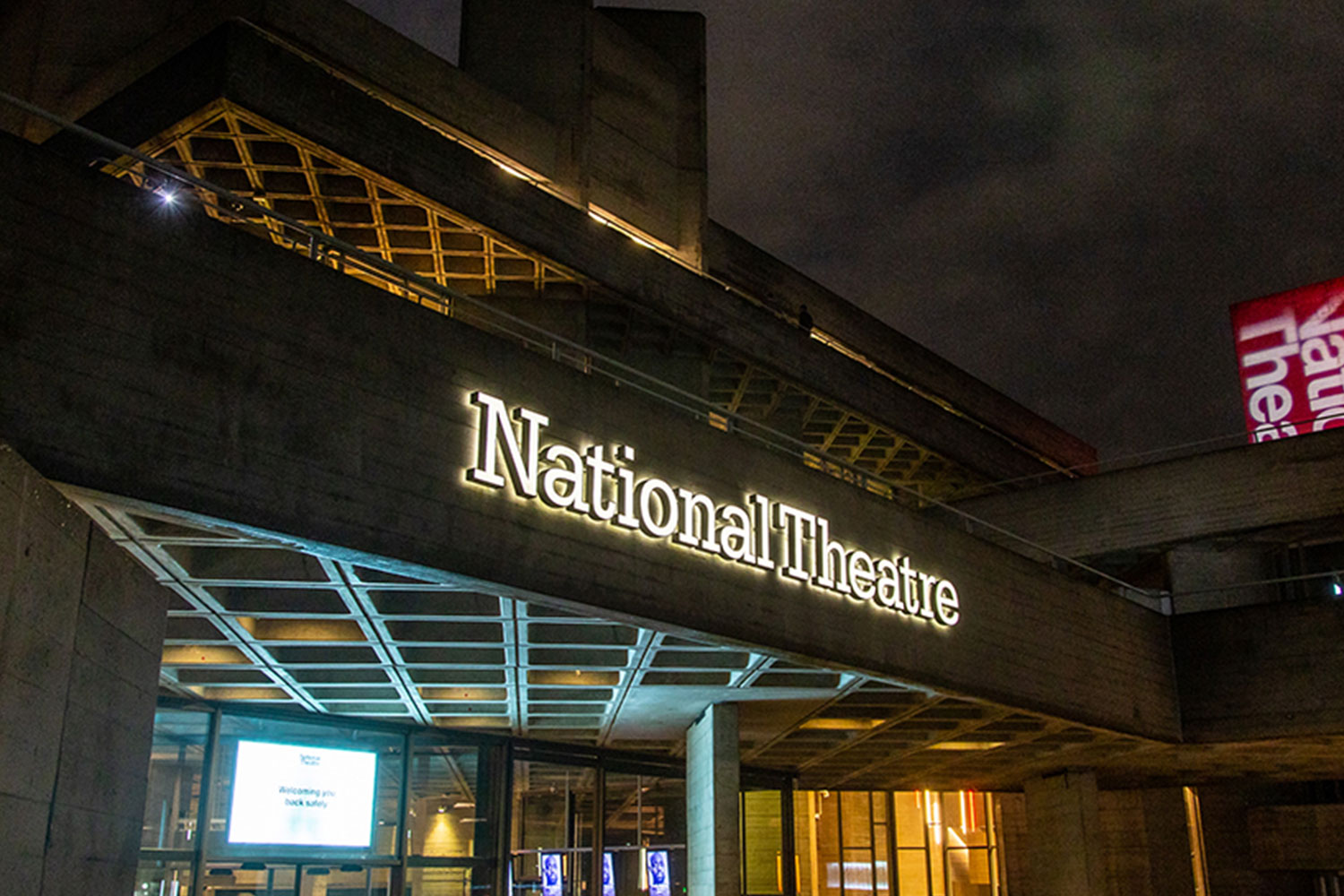I Am a Camera
John van Druten’s 1951 play I Am a Camera is famous for two reasons: as a cue for Walter Kerr’s smarty-pants haiku review (“Me no Leica”) and, more significantly, as the gateway drama between Christopher Isherwood’s Berlin Stories and the 1966 musical Cabaret by John Kander and Fred Ebb.
So it’s a pleasant surprise to find a decently written memory play that brings 1930s Berlin to life and doesn’t leave you yearning – well, not too much – for the great songs or indeed the wonderful cut-and-thrust chemistry of Michael York and Liza Minelli in the musical movie.
At Southwark, Harry Melling, who played Dudley Dursley in five Harry Potter films, actually succeeds in making Isherwood an appealing character, no mean feat after claiming anonymity in his first line: “I am a camera with its shutter open, quite passive, recording, not thinking.” He’s jumpy, impressionable and terribly nice.
It’s as though the city and its crazy denizens come rushing through his ever welcoming, cluttered apartment as a refuge from the street theatre outside, as the Nazis tighten their grip, the National Bank closes down and the pace quickens on the pavements.
This harum-scarum freneticism is embodied in the character of night club singer Sally Bowles, Isherwood’s great semi-fictional invention. The intensity and reckless charm with which Rebecca Humphries descends on her host explains everything about his capitulation to this captivating, infuriating creature.
He’s never met anyone like her, and he falls head-over-heels, platonically in love. Around them, Joanne Howarth’s sharply detailed landlady, Fraulein Schneider, Freddie Capper’s mixed-up, hard-to-fathom Fritz Wendel, and Sherry Baines as Sally’s imperious, moralising mother, all make their marks.
But the stage belongs to Isherwood and Sally, thrown together in peculiar circumstances to form one of the last century’s most unlikely and memorable friendships.
As Kenneth Tynan said of Julie Harris in the original Broadway production, Sally Bowles is really just a frail alcoholic adolescent with grubby fingers, but it’s her spirit that enthrals both Isherwood and us, the aroma she exudes of “cigarettes stubbed out in pots of cold cream”.
Anthony Lau’s production races by, condensing three rather wordy acts into a series of vivid snapshots on James Turner’s authentic looking brown and battered Berlin design, backed by a moody, bluesy jazz trio lurking within the wallpaper.
– Michael Coveney




